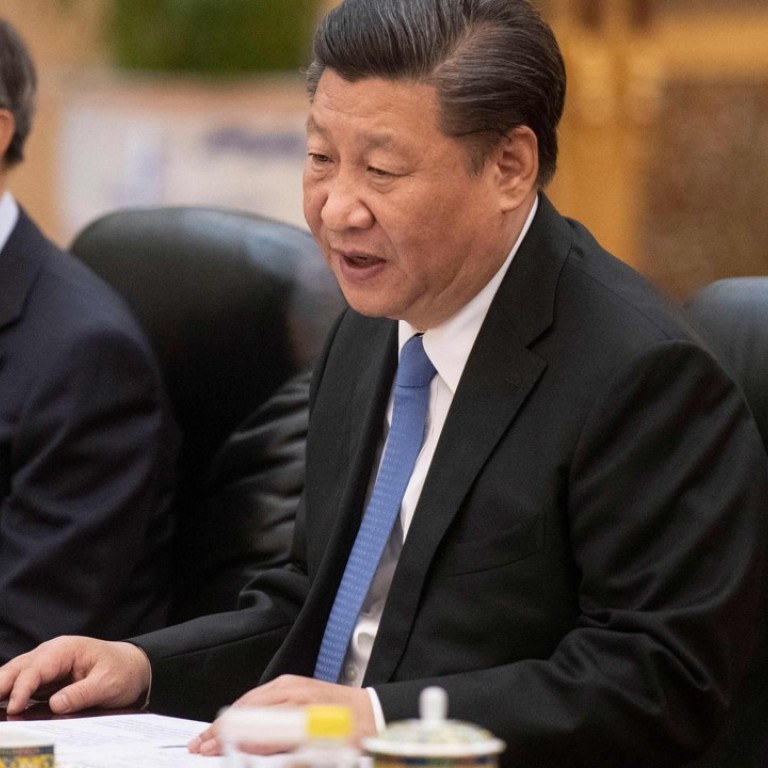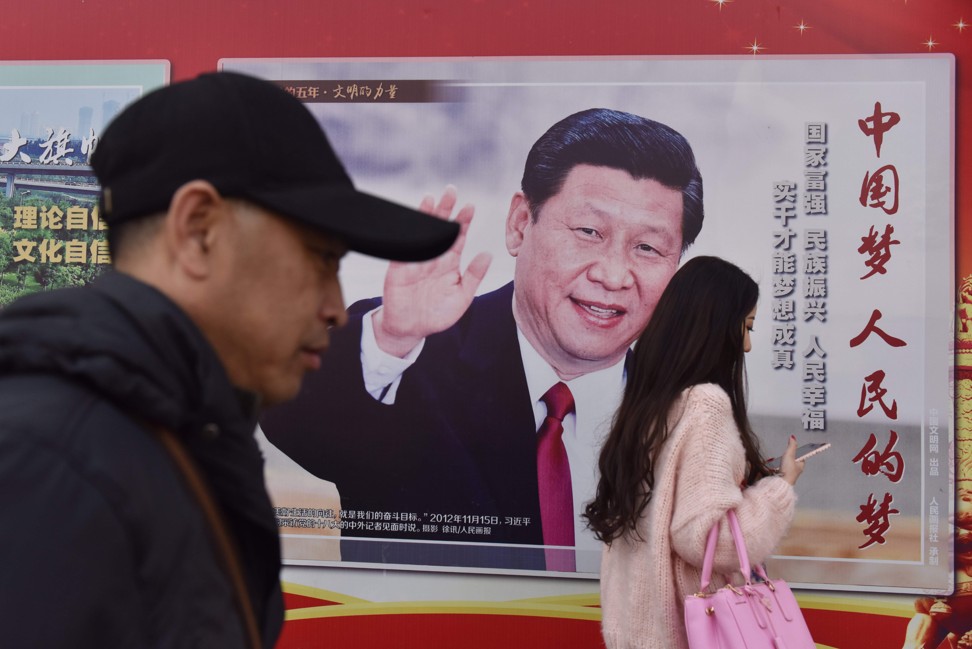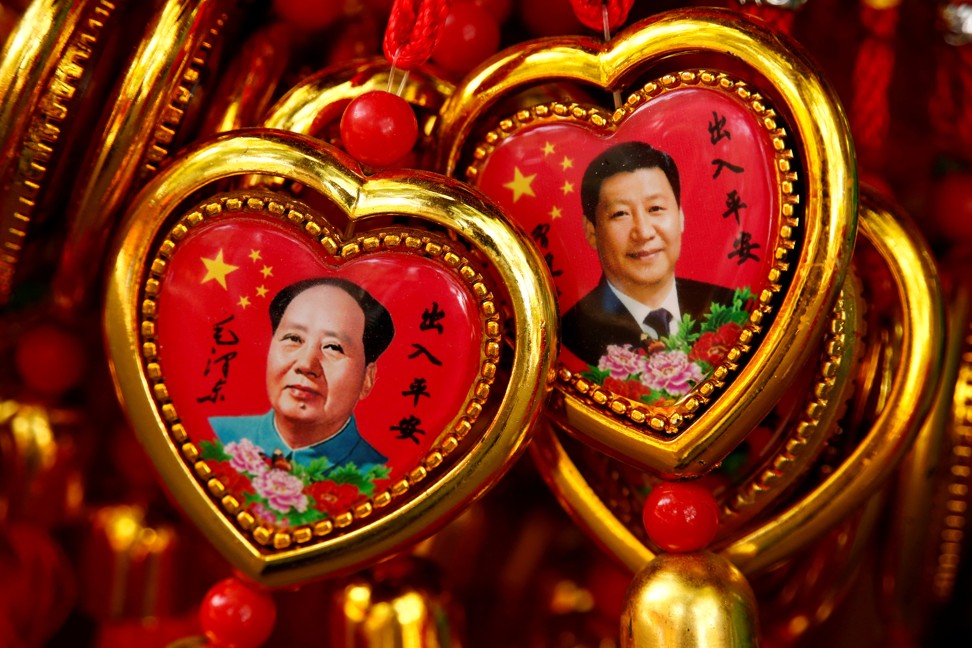
Xi Jinping puts out a call to diplomats: toe the Communist Party line
Chinese president’s latest directives seen as a bid to shore up decision-making power and override interests of agencies involved in foreign affairs
President Xi Jinping has made a rallying cry for all Chinese involved in diplomacy to toe the Communist Party line amid spiralling trade tensions with the United States.
Analysts said the call was an effort to shore up decision-making power within the party as it seeks to override the interests of different agencies involved in the nation’s diplomatic affairs.
In a diplomatic work agenda meeting that wrapped up on Saturday, Xi said the authority of the party’s central leadership on foreign policy should be upheld, and any external work should be based on the Central Committee’s overall plan.
Who are the players behind China’s foreign policy?
“Diplomacy represents the will of the state, and diplomatic power must stay with the party’s Central Committee,” Xi was quoted by state-run Xinhua as saying. He added that a strong contingent of foreign affairs personnel who were loyal to the party was needed.
Different agencies, including the nation’s legislature, military and local government departments, should ensure that the party’s external work directives were implemented, he said.
Xi’s order came as experts and policymakers are divided on how China should handle its trade conflict with the US, with some calling for tougher measures to restrict American investment while others say China should adjust its industrial policies.
Beijing ‘won’t target’ US firms in China to hit back at US President Donald Trump’s trade threats
Other directives issued during the meeting included boosting ties with developing nations, taking the lead on reforming global governance, and taking the nation’s “core interests” as the bottom line in safeguarding China’s sovereignty.

Michael Kovrig, a senior adviser for North East Asia with the International Crisis Group, said the meeting sent the message that foreign affairs was of increasing importance to the party and it wanted to centralise decision- and policymaking on diplomacy.
“It is part of Xi’s ongoing drive to centralise power within the party and reaffirm the party’s primacy over the government and everything,” he said.
The meeting was held as China and the United States continue to spar over trade. Despite the two countries agreeing in May to put their tit-for-tat posturing on hold, tensions were reignited last week when Washington announced it would levy 25 per cent tariffs on US$34 billion worth of Chinese products from July 6. Beijing fired back with the threat of tariffs on an equivalent amount of American goods.
Officials are now scrambling for ways to avert a trade war between the two nations, with calls for Beijing to go beyond products and target American services and investment, including putting US companies under tighter scrutiny.
Pang Zhongying, a professor of international relations at Sun Yat-sen University in Guangzhou, said decision-making had been hamstrung because so many stakeholders were involved in trade between the two countries.
Beijing’s controversial “Made in China 2025” was one example, with some calling for a cut to subsidies for state-owned enterprises and sectors covered by the policy – aimed at supporting hi-tech industries – that Washington and Europe say gives Chinese firms an unfair advantage.
“Centralised decision-making is needed for better coordination among different agencies responsible for handling trade with the US,” Pang said.
Is China headed for a diplomatic crisis of its own making?
“In the past, different departments and local governments involved in foreign affairs might not have coordinated efficiently enough in policy implementation because they tended to look after their own interests,” he said.
Deng added that the party had always been in charge of foreign policy, but the increased emphasis was a result of the “New Era” political climate under Xi.
“It is a natural extension of the broader political environment where the party’s leadership over everything and anything is underlined time and again,” he said.

The party’s influence on policymaking has grown under Xi, who has reversed past practice of leaving policy implementation to the state. The party has also been extending its control over all aspects of life in China, best summarised by a Mao Zedong slogan Xi revived at a key party meeting in October: “East, west, south, north and centre – the party leads everything”.
Why China’s new economic commission cements Xi Jinping’s grasp on levers of power
But Deng added that he did not think the emphasis on the party’s authority would amount to differing opinions being silenced within the establishment.
“Although decision-making power rests with the party’s central leadership, other departments should put forward their opinions – because, frankly, allowing only one kind of voice to exist within the establishment would be a very terrifying thing,” he said.
Additional reporting by Nectar Gan

